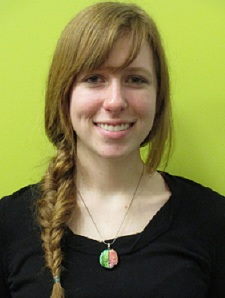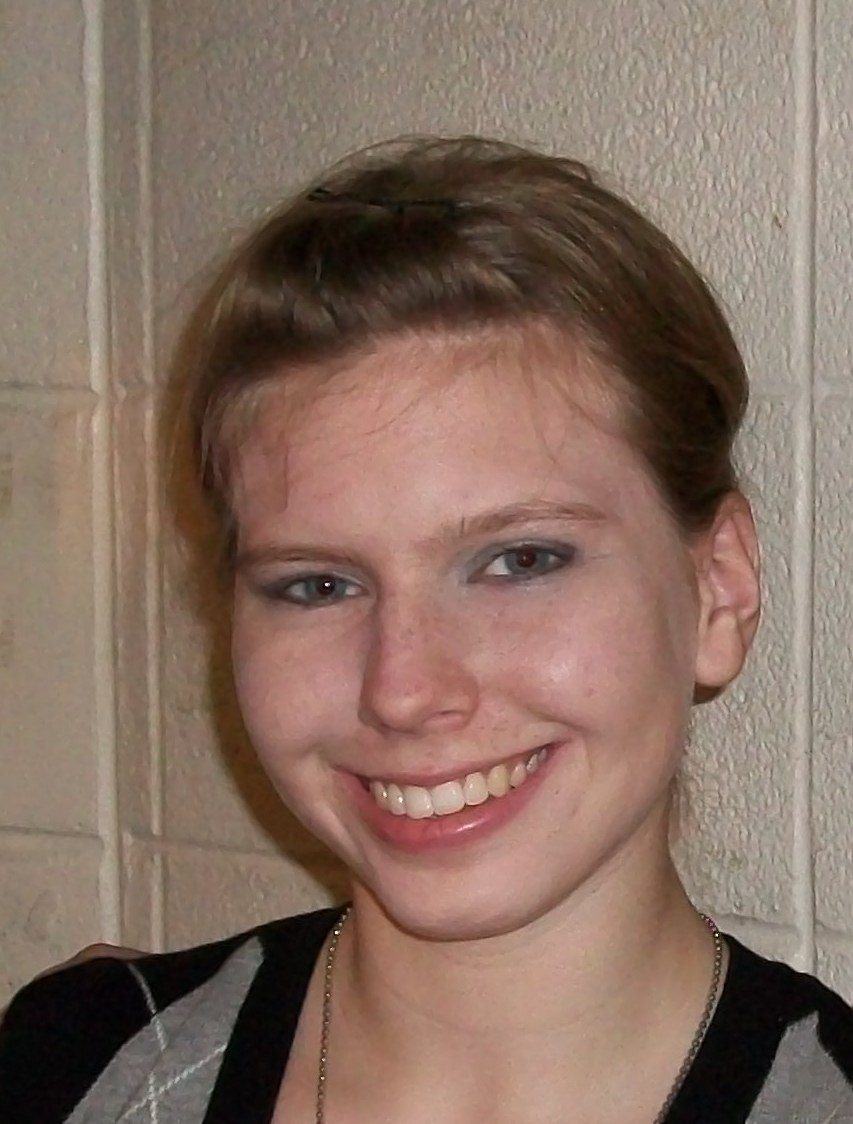Celebration of Scholars
Creating a Socratic Practice for the Writing Center
 Name:
Emily Nickel
Name:
Emily Nickel
Major: Studio Art
Hometown: Oak Creek, WI
Faculty Sponsor:
Other Sponsors:
Type of research: Independent research
Funding: Writing Center
 Name:
Rachel Jason
Name:
Rachel Jason
Major: English, Great Ideas
Hometown: Deerfield, IL
Faculty Sponsor:
Other Sponsors:
Type of research: Independent research
Funding: Writing Center
 Name:
Emily Oleson
Name:
Emily Oleson
Major: English
Hometown: Wisconsin Rapids, WI
Faculty Sponsor:
Other Sponsors:
Type of research: Independent research
Funding: Writing Center
Abstract
As writing tutors at a liberal arts college our education has instilled in us the value of Socratic questioning and dialogue as it applies to the learning process. We find that Writing Center sessions that rely on such dialogue are often successful and productive. By participating in a Socratic dialogue with our clients we have been able to address areas of content deficiency and grammatical problems without stepping over the boundaries of client ownership.
Even more significantly, we teach our clients how to think instead of what to think, fostering their independence. Largely this tutoring model has been used implicitly and informally in our tutoring sessions. We would like to formalize this model as part of our Writing Center’s tutor training system. Therefore, we have created a research plan designed to study this phenomenon and learn how to use Socratic tools most effectively in our Writing Center sessions. We will first conduct qualitative observations of our co-workers tutoring, then use that information to formalize a method, and finally implement and test that method.
